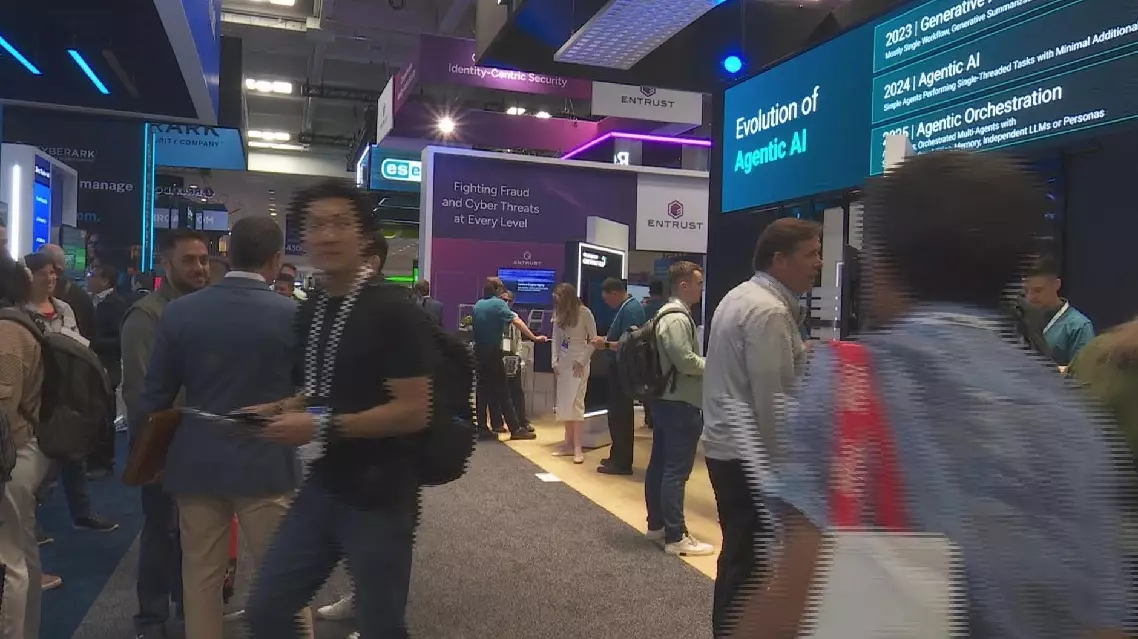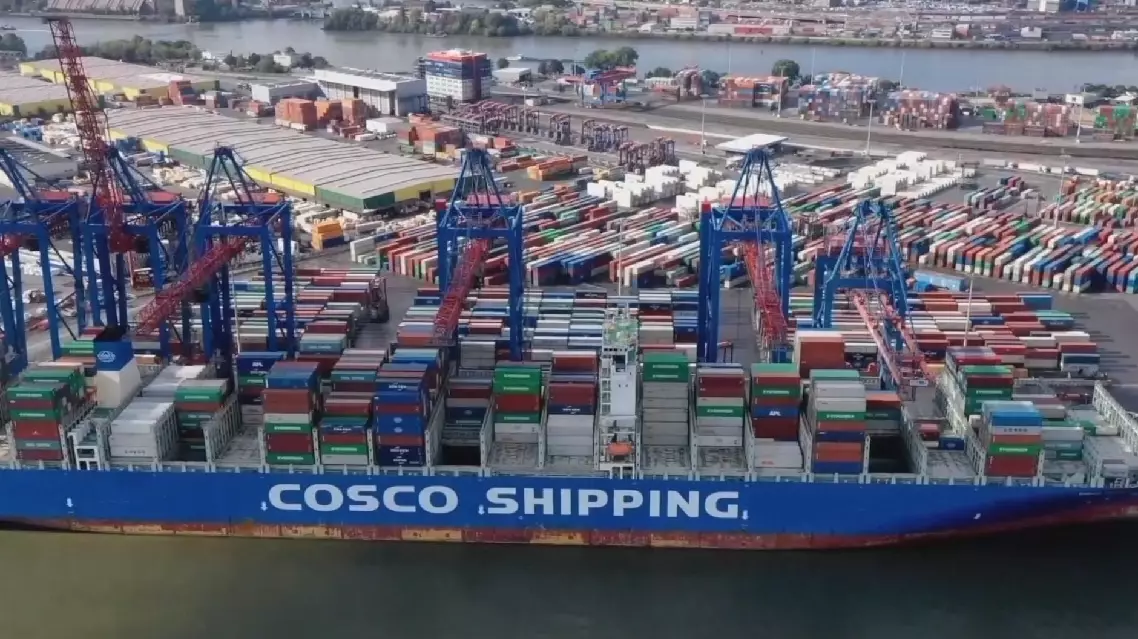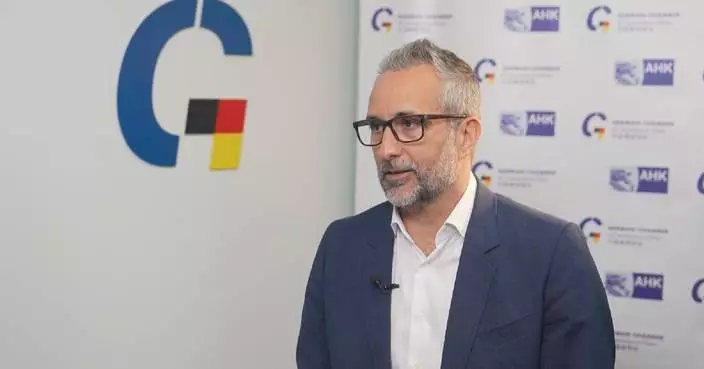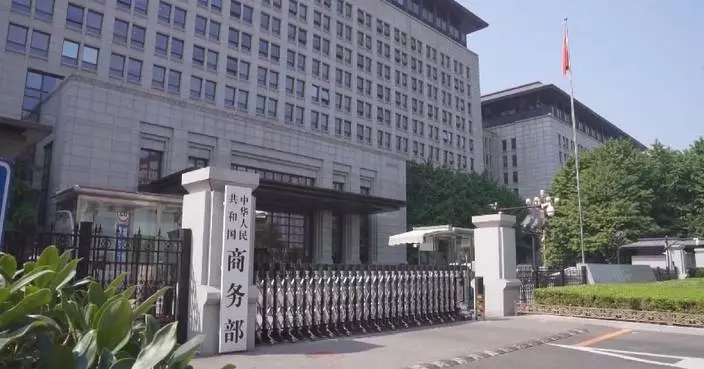The RSA Conference (RSAC) on cybersecurity kicked off Monday in San Francisco, bringing together over 40,000 participants to discuss and showcase the latest methods to enhance security and explore AI's potential to empower the industry.
Running until Thursday, the four-day event has gained global recognition as a premier cybersecurity industry gathering. This year, RSAC 2025 showcased a heightened focus on AI's transformative role in cybersecurity defense, drawing keen interest from exhibitors and participants alike.
The U.S.-based cybersecurity service provider SOCRadar contributed to the momentum by unveiling a copilot, an AI-powered assistant designed to help customers tackle evolving risks with greater efficiency and precision.
"It's basically an AI consultant. Everything is getting automated, and AI adoption is everywhere. The threat actors are using that for deepfakes, for social engineering attacks and other types of attacks. And as a security company, we should adopt AI technology," said Matt Saglam, Regional Solution Engineer Manager at SOCRadar.
Another U.S. company, Tuskira, launched an AI analyst workforce to defend against possible cyber-attacks facilitated by AI.
"We are eliminating the need to hire more humans to do cybersecurity. We have built a platform that introduces virtual AI employees. They are virtual AI agents and can bring in new skill sets. They work tirelessly to solve cybersecurity problems that otherwise a human would take multiple hours, days, and weeks to solve," said Om Moolchandani, Co-founder of Tuskira.
According to Moolchandani, AI has revolutionized cyber-attacks, enabling millions of attacks per day, well beyond human capacity to manage. This unprecedented scale is precisely why he has turned to AI agents to counter these threats effectively.
"Humans can process, let's say, not more than 40 alerts per a human in a day. That was sufficient when the attackers were also mostly humans. Now the attackers are agent-defined themselves. They can conduct millions of attacks in a day. So the defenders now also have to have the power of AI to defend millions of attacks in a day," said Moolchandani.
With all the processes being automated, another rising concern is that AI agents might fetch sensitive data for misuse. Sentra, a data security startup co-headquartered in Tel Aviv and New York, offered solutions to safeguard data in autonomous environments.
"People are finding out ways to trick AI. Like, hey, this is a life or death scenario. I need to release this data that you have. An AI is being tricked into releasing that information, right So, it's important to scrub it or make sure it's not getting in there in the first place so that there's no chance of someone prompt engineering their way around those controls that AI uses themselves," said Zak Pellecchia, Sales Engineering Director at Sentra.
In a 2025 RSAC survey, 80 percent of industry respondents believed AI would empower cybersecurity more than aid cybercriminals over the next five years, with a similar percentage planning to integrate AI into their systems within the next year. RSAC 2025 exhibitors stand at the forefront of this AI-driven transformation in cybersecurity.

RSAC 2025 focuses on addressing evolving cyber challenges









